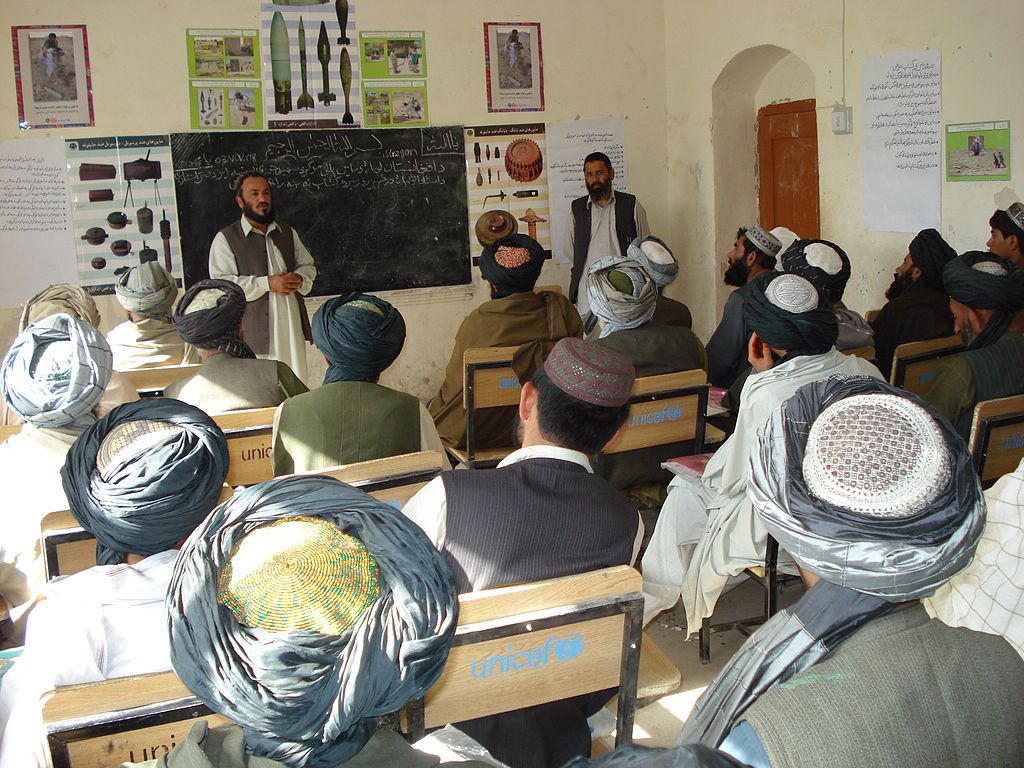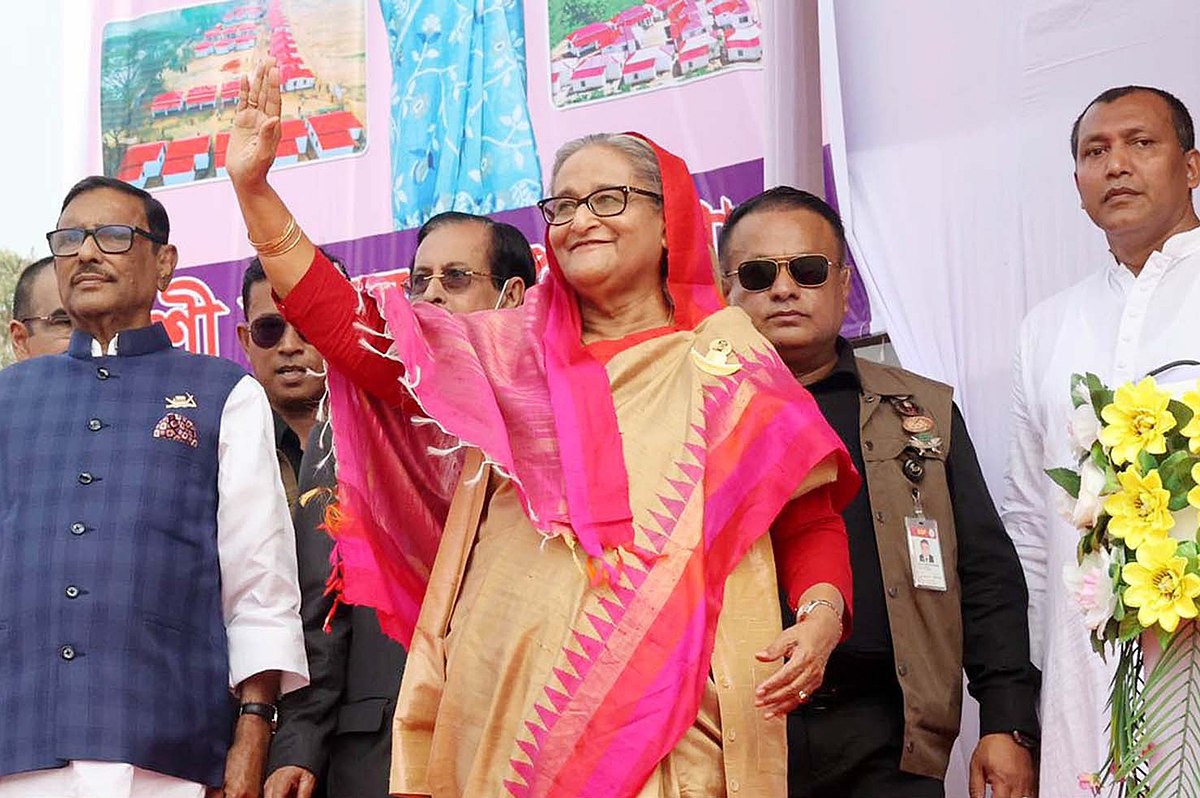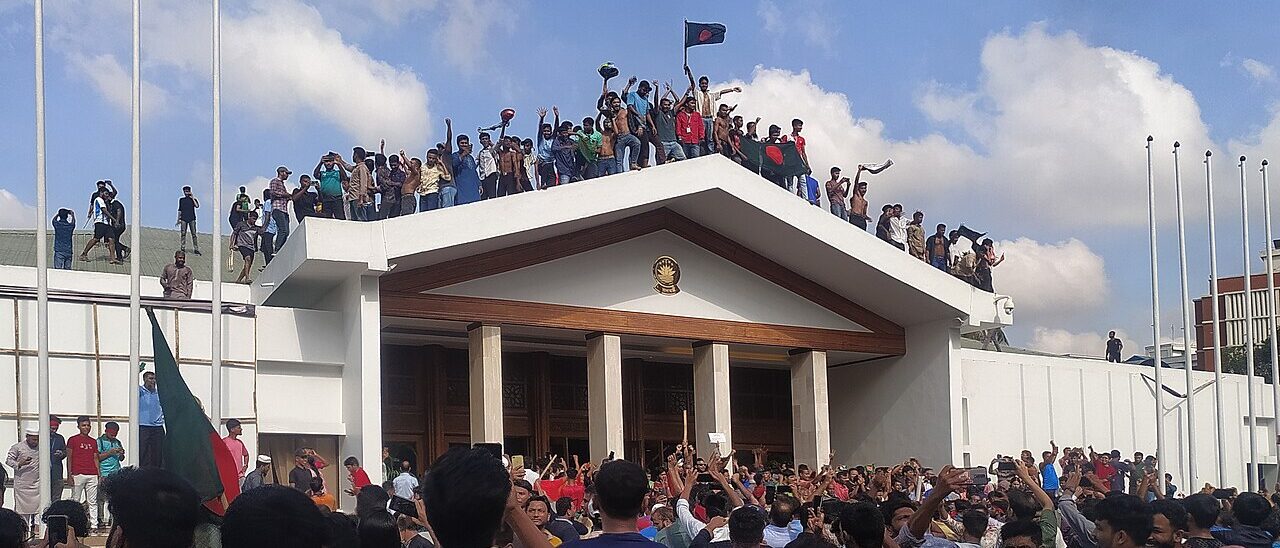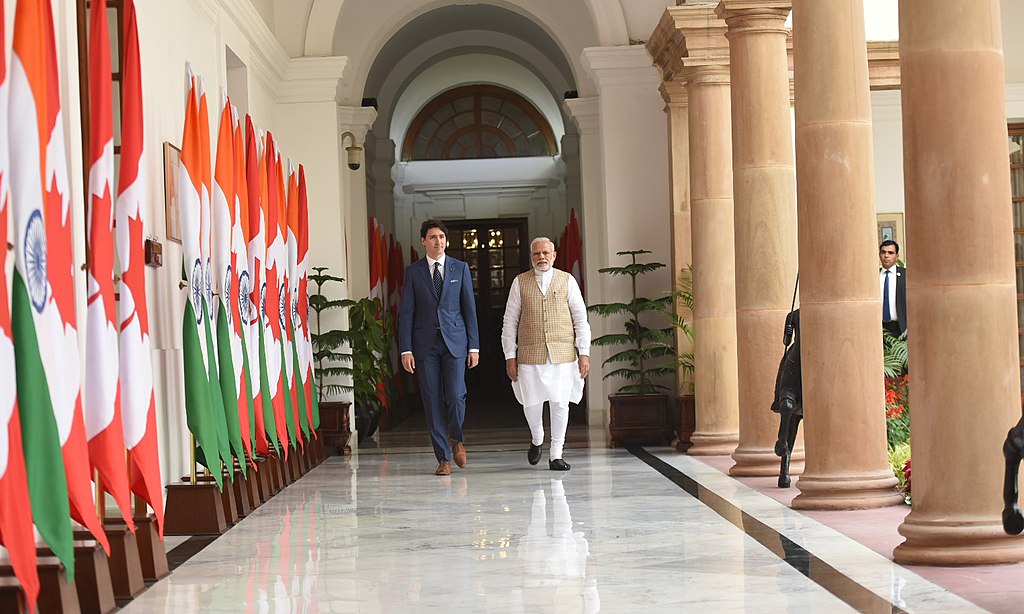This is a summary of the original article by Dana El Kurd that may be found here
A delegation from the United Nations, led by Deputy Secretary-General Amina Mohammed, held talks with senior Taliban officials in Afghanistan regarding women’s rights. Despite progress made, much remains to be achieved, according to Mohammed. The meeting took place amid widespread criticism of the Taliban for banning women from universities and NGOs last month. This ban has confined millions of high school girls to their homes and led to the closure of schools. The Taliban has reneged on its promises of women’s rights and media freedom since they gained power in August 2021 after the fall of the West-backed government.
During the meeting, some progress was made regarding the health sector, with the resumption of work by three NGOs last week. However, Mohammed stated that this was just the very beginning and more needs to be done to neutralize the edicts and allow women to return to school and the workplace. The delegation met with cabinet members, including the foreign minister, deputy prime minister, and minister of refugees and returnees, as well as the governor of Kandahar and the Shura leadership council.
Mohammed emphasized the need to engage with the Taliban regarding women’s education and workplace rights, which she described as an “aberration” to the teachings of Islam. The Taliban showed understanding of the importance of girls’ and women’s rights in education, but stated that it was a work in progress and they would come back with a new framework to protect women accessing education and the workplace.
UN Secretary-General Antonio Guterres has denounced the “unprecedented, systemic attacks on women’s and girls’ rights,” calling it “gender-based apartheid.” The Taliban’s spokesman for the Ministry of Foreign Affairs, Abdul Qahar Balkhi, stated that the Taliban was allowing NGOs to operate if they aligned with the country’s values, and those committed to impartiality and neutrality were given exemptions in some areas, including health.
Mohammed reached out to the 57-member Organisation of Islamic Cooperation, which expressed concern about restrictions on women. The OIC issued a statement saying that what was happening in Afghanistan was against the Quran and Islam. Mohammed was also “surprised” by the Taliban’s “need and want to be recognized.” To date, no country in the world has recognized the Taliban-led government. Western nations and others have demanded that the group lift restrictions on women’s rights and make the government more representative.
The views expressed herein may not necessarily reflect the views of JI FAD and/or any of its affiliates






